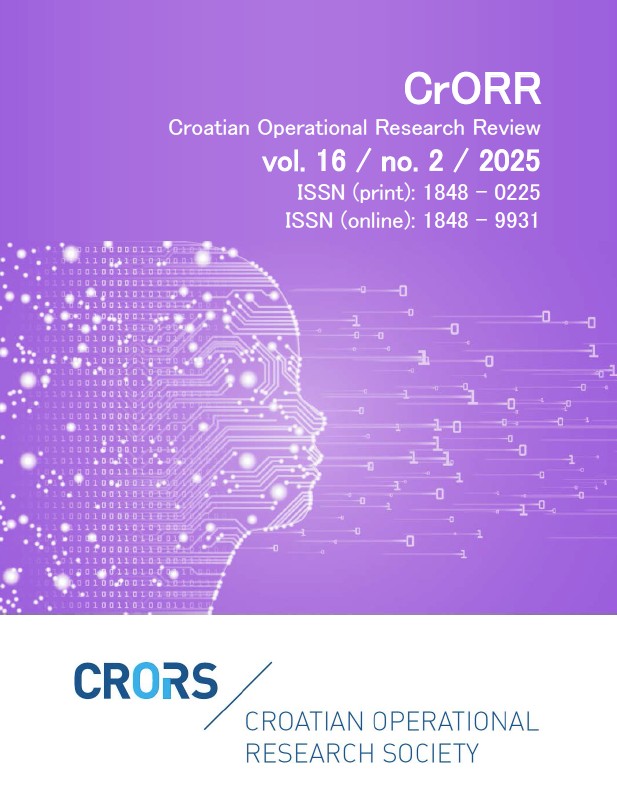Evaluating upskilling tools for digital, green, and entrepreneurial competences: A multicriteria approach to advancing Europe's green and digital transition
Abstract
Advancing green and digital transition is a key topic on Europe’s agenda, aligned with the UN’s SDG goals. In this context, this study investigates existing support tools and programs for upskilling digital, green, and entrepreneurial (DGE) competences with the goal to select and reuse the best ones available within the project partner group (11 partners from 9 European countries). The data collection process started with the identification and thorough elaboration of 90 upskilling tools/programs, each differing in their contributions to DGE competences, and in other varying features. The collected database contains more than 30 qualitative and quantitative features per upskilling tool/program. An expert focus group then defined the tool selection criteria and their grading, highlighting the importance of learning outcomes recognition and the development of multiple DGE competence areas, in particular. After the grading process, alternative assessments were analysed using the PROMETHEE II method, resulting in a ranking of the 15 most useful DGE tools/programs. In addition to validating the framework set up for the MCDM that takes into account the complexities of (international) training needs of diverse target groups, the study demonstrated significant application potential. Namely, these tools, both the initial list of 90 and the selected 15, all having confirmed their effectiveness and success in previous projects addressing SDG 4 and SDG 9, are now promoted to (new) relevant stakeholders and prioritised in capacity-building actions in international settings. As such, the collective exercise based on strong scientific foundations had clear practical value.
Downloads
Published
Issue
Section
License
- Authors retain copyright and grant the journal right of first publication with the work simultaneously licensed under a Creative Commons Attribution License that allows others to share the work with an acknowledgement of the work's authorship and initial publication in this journal
- Authors are able to enter into separate, additional contractual arrangements for the non-exclusive distribution of the journal's published version of the work (e.g., post it to an institutional repository or publish it in a book), with an acknowledgement of its initial publication in this journal.
- Authors are permitted and encouraged to post their work online (e.g., in institutional repositories or on their website) prior to and during the submission process, as it can lead to productive exchanges, as well as earlier and greater citation of published work (See The Effect of Open Access).


